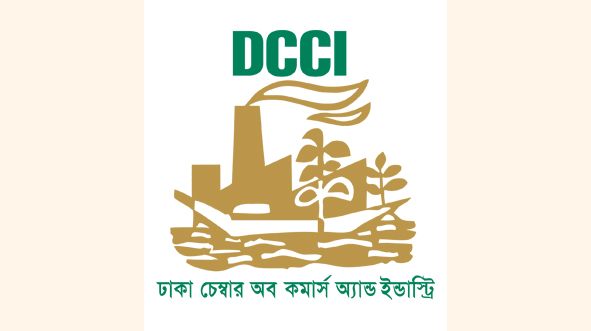Higher govt borrowing may crowd out the private sector: DCCI

The central bank’s target to raise the public sector credit growth in the January-June half of the ongoing fiscal year may crowd out the private sector, said the Dhaka Chamber of Commerce & Industry (DCCI) yesterday.
The credit growth target for the public sector has been adjusted upwards to 37.7% from 36%, according to the monetary policy statement (MPS) unveiled on Sunday. The actual credit growth was 26.6% in the July-December period.
The goal for the private sector credit growth has been kept unchanged at 14.1%, against an actual growth of 12.8% in the first half of FY23.
“The target for public sector credit may cripple new borrowing and investment by the private sector,” said DCCI President Sameer Sattar in a press statement.
In order to reduce public sector borrowing, efficiency and good governance need to be continuously ensured through the reduction in government expenditure, austerity measures, and prioritizing development projects, he said.
“The target for public sector credit may cripple new borrowing and investment by the private sector,” said DCCI President Sameer Sattar
The chamber, however, hailed the new monetary policy stance, saying it would help both the private and financial sectors turn around.
“As a whole, the MPS is promising with good indications to contain the current economic challenges,” Sattar said.
“However, a timely implementation strategy through coordinated efforts from the public and private sectors along with strong monitoring by the central bank can achieve the core goals of the money market and the economy.”
The MPS is primarily aimed at curbing inflation and stabilizing the foreign exchange reserve.
Also, in the current market condition, the proposed relaxation of the lending rate cap for consumers’ credit and the complete removal of the deposit floor rate may encourage savings and smoothen the liquidity reserve of banks, according to Sattar.
Regarding the exchange rate stability, the business leader said he was relieved to see that the BB hopes to gradually move towards a market-based, flexible, and unified exchange rate regime by the end of this fiscal year.
In order to avoid trade-based money siphoning, he supported the BB decision to beef up its monitoring to track import letters of credit (LCs) before making any final payment.
“Also, it will be helpful to pre-inspect any LCs worth $3 million or more.”
However, under the current economic scenario, the DCCI chief suggested the relaxation of the LC margin for essential commodities and industrial materials for catering to local and export-oriented industries.





Comment here